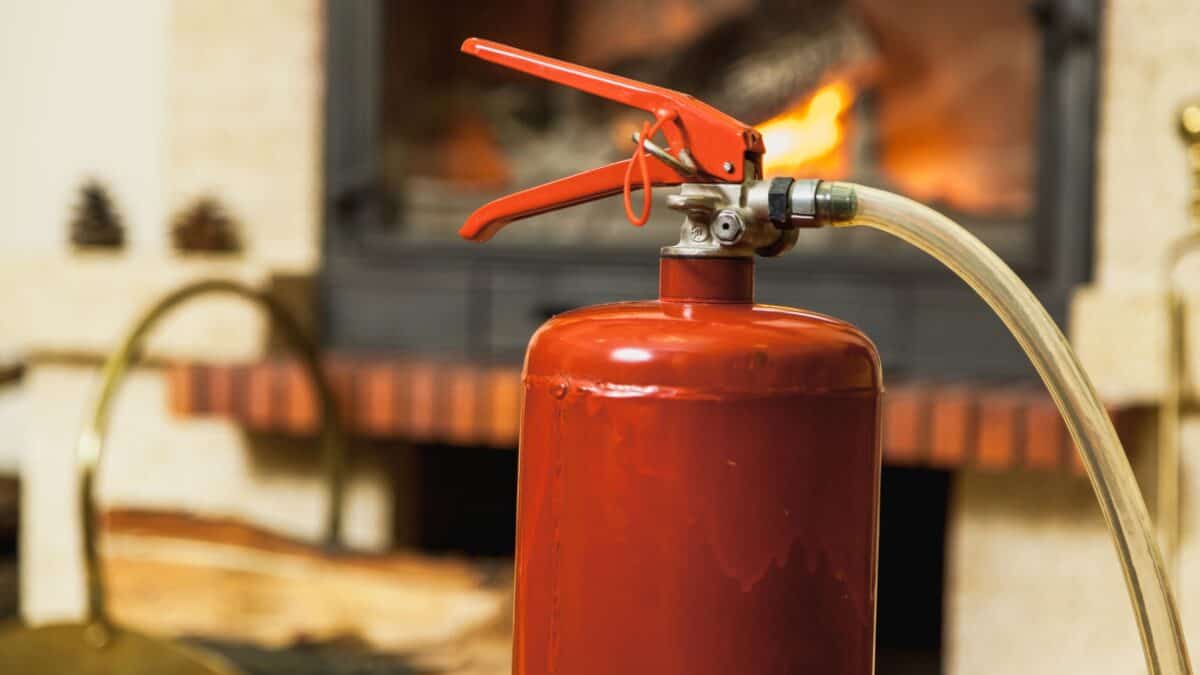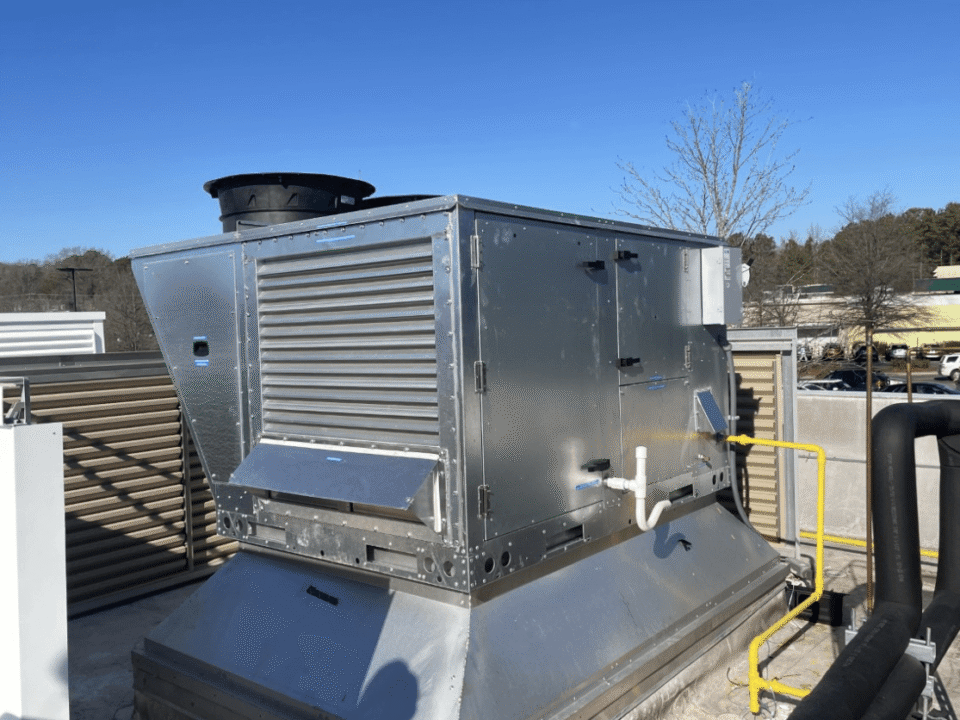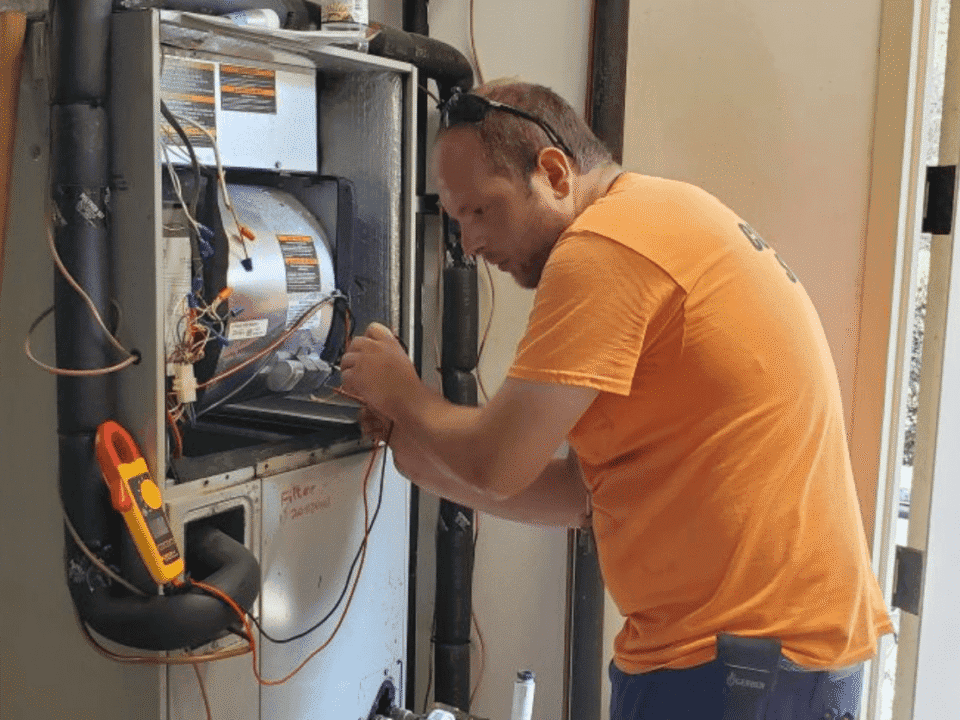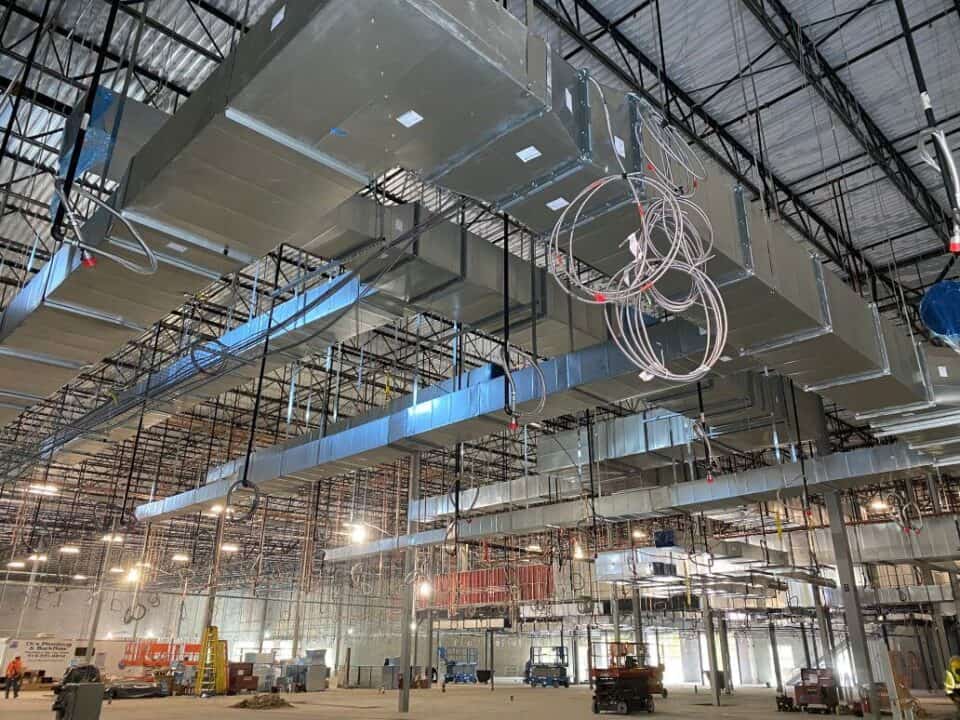
Winter HVAC Maintenance Checklist: Getting Your System Ready
October 10, 2024
Exploring Different Types of Commercial Heating Systems
November 7, 2024Winter Heating System Safety Tips: Preventing Accidents and Fires
Essential safety practices for residential and commercial properties
As the colder months approach, heating systems become the unsung heroes of both homes and businesses. They provide comfort, protect against harsh weather, and keep daily operations running smoothly. Yet, while heating systems bring warmth, they also come with risks. Faulty equipment, neglected maintenance, or improper use can lead to dangerous situations, including fires and carbon monoxide poisoning.
At Carolina Commercial Systems, we believe safety and efficiency should always go hand in hand. Below, we’ve compiled essential safety tips that will help you reduce risks, extend the life of your heating equipment, and enjoy peace of mind throughout the season.
For Residential Properties
Ensuring your home heating system is safe and reliable during the winter months is crucial for the safety and comfort of your family. Here are some essential tips for residential property owners:
- Regular Maintenance: Schedule regular inspections and maintenance checks for your heating systems. Our professional HVAC technicians can identify and fix potential issues before they become serious problems. Learn when to repair vs replace your home’s heating system here.
- Install Carbon Monoxide Detectors: Carbon monoxide (CO) is a silent killer. Ensure you have CO detectors installed near bedrooms and other living areas, and test them monthly to ensure they are working correctly.
- Keep Combustibles Away: Keep flammable items such as paper, clothing, bedding, and curtains at least three feet away from your heating equipment, including fireplaces, stoves, and space heaters.
- Use Space Heaters Safely: If you use space heaters, ensure they have automatic shut-off features if they tip over. Do not use extension cords or place the heaters on furniture or uneven surfaces.
- Clean Vents and Filters: Clogged vents and dirty filters can obstruct airflow, causing your heating system to work harder and potentially overheat. Regularly clean and replace filters as per the manufacturer’s recommendations.
- Educate Your Family: Teach your family members about heating safety. Make sure everyone knows how to respond in case of a fire, including how to use a fire extinguisher and develop an evacuation plan.
For Commercial Properties
Maintaining safety in commercial properties during the winter months requires diligence and adherence to best practices to prevent accidents and fires. The safety of employees, clients, and property is paramount. Here are crucial tips for commercial property owners to ensure their heating systems operate safely and efficiently:
- Professional Inspection: Commercial heating systems are more complex and require professional inspections. Hire a certified HVAC technician to perform comprehensive checks and maintenance on your systems.
- Implement a Safety Protocol: Develop and implement a heating safety protocol for your employees. Include training on how to operate heating equipment safely and what to do in case of an emergency.
- Regularly Check Alarms and Sprinklers: Ensure that fire alarms, smoke detectors, and sprinkler systems are in working order. Conduct regular drills to prepare employees for potential emergencies.
- Install Safety Barriers: In areas where heating equipment is in use, install safety barriers to prevent accidental contact and reduce the risk of fires.
- Monitor Temperature Settings: Keep an eye on thermostat settings to ensure they are not set too high. Overworking your heating system can lead to malfunctions and increased risk of fire.
- Secure Combustible Materials: Store combustible materials in designated areas away from heating equipment. Ensure proper storage protocols are in place and followed strictly.
Learn about common heating problems in commercial systems and how to prevent them on our blog.
The Bigger Picture: Why Heating Safety Matters
Heating safety isn’t just about preventing fires: it’s about protecting lives, preserving property, and ensuring uninterrupted daily routines. Here are a few reasons why vigilance matters:
- Health and Wellness: Preventing CO poisoning, respiratory issues, and accidents keeps occupants safe.
- Financial Savings: Regular maintenance reduces energy waste, lowers repair costs, and prevents expensive system replacements.
- Business Continuity: For commercial properties, safe and reliable heating ensures employees can work productively and customers feel comfortable.
- Legal Compliance: Many states and municipalities require compliance with safety codes, especially in commercial buildings. Regular inspections help avoid fines or liability.
Prioritize Your Safety this Winter
Safety should never be compromised, especially when it comes to heating systems during the winter months. By scheduling professional maintenance, installing safety devices, keeping combustibles away from heat sources, and educating occupants, you’ll significantly reduce the risk of accidents and fires.
At Carolina Commercial Systems, we’re committed to keeping you safe and warm. Our expert technicians are here to ensure your systems operate efficiently while prioritizing your safety. This winter, stay vigilant, stay prepared, and most importantly: stay safe.
Find more guidance on how to maintain your HVAC system in winter on our blog.



